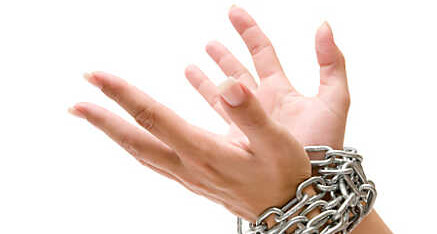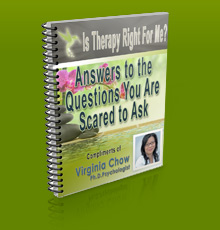Addiction Treatment
What is an addiction?
Addiction is the result of continued use of a substance or activity to the point of compulsiveness and negative interference of daily life activities and relationships. Common addictions include drug and alcohol addiction, sex addiction and compulsive gambling. Engaging in most of these activities on an occasional basis is harmless, however when behaviours become extreme or habitual, they can impact the chemistry of the brain and negatively affect personal interactions.
Signs of an addiction:
- If you find yourself spending more time engaging in the activity, planning to engage in the activity or recovering from the activity
- If you find that you are having difficulty controlling your behaviour in regards to the activity, including difficulty stopping
- If you find yourself needing to consume more or engage more often in order to feel satisfied by the activity
- If you find yourself experiencing negative side effects, such as a bad mood or physical effects when you do not engage in the activity
- If you are experiencing mood disturbances such as anxiety, panic attacks or depression
What can I do?
If you suspect that a substance or activity in your life is becoming problematic, a psychologist can meet with you to assess whether you have an addiction and suggest appropriate treatment options. Addictions counselling can be very effective in helping break the patterns of addictive behaviours and developing coping skills. For further questions on the treatment of addictions or to schedule an appointment for a consultation, please contact Dr. Chow.
How can treatment help?
Through addiction counselling, the psychologist will work with you to help you discover and understand the causes of your addiction. She will assist you in identifying the triggers that make you to want to engage in the activity as well as the factors that maintain the addictive behaviours. The psychologist will help you develop constructive ways of dealing with urges and withdrawal symptoms so that you can refrain from engaging in the addictive behaviours. In some cases, a residential stay in a rehabilitation centre or treatment for additional mental health issues may be necessary. In these situations the psychologist may refer you to a rehabilitation centre or another professional for additional diagnosis and treatment.
Resources
This website offers a number of helpful tools and worksheets that can help facilitate change and promote well-being. You are welcome to download the following PDF document(s) or download ADOBE here ![]() to download the desired file. These tools are most helpful as an adjunct to therapy. Delay, Distract, Decide Cravings Diary Pros and Cons of Change Addictions Thought Record
to download the desired file. These tools are most helpful as an adjunct to therapy. Delay, Distract, Decide Cravings Diary Pros and Cons of Change Addictions Thought Record



